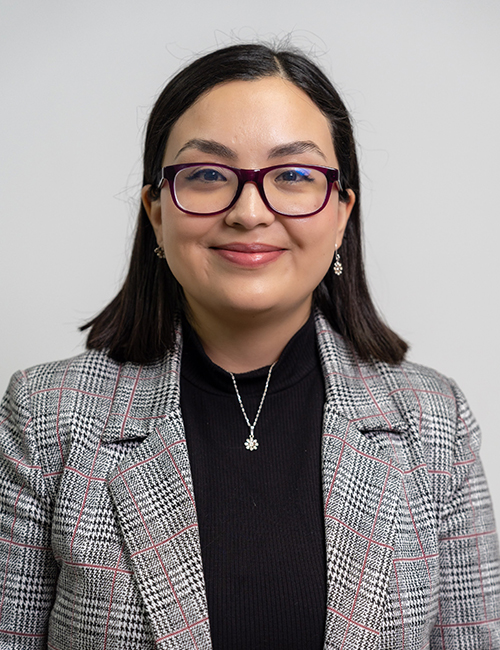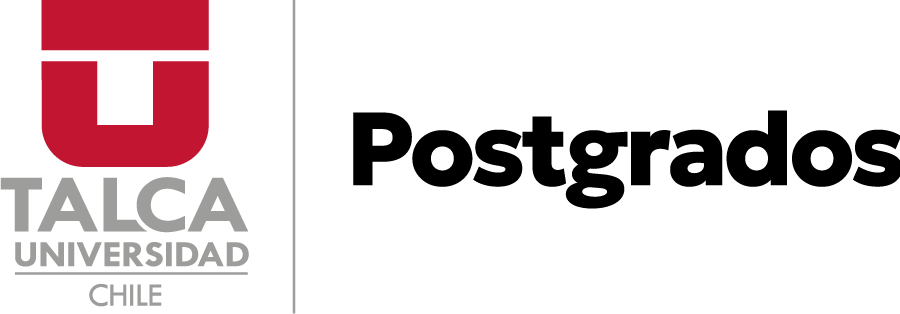Master’s in Second Language Learning (MSLL)
- Start of classes: March 23, 2026
- Duration: 4 semesters
- Campus: Linares
- Modality: Hybrid
- Tuition: $4.400.000 CLP (*Confirmation pending )
Academic Unit
Faculty of Educational Sciences

Program Description
The Master’s in Second Language Learning is a professional program, delivered in English, designed to prepare specialists capable of analyzing, designing, and implementing second language teaching and learning processes in institutionalized contexts, particularly within the school system. Through solid training in learning theories, pedagogical methodologies, curriculum design, and assessment, the program equips participants to respond to current educational challenges with a critical, ethical, and contextualized perspective. It also fosters the reflective use of educational technologies and the development of applied research, consolidating informed and situated teaching practices.
General Objective
To specialize professionals in the learning and teaching of second languages, providing them with advanced competencies to design, implement, and evaluate contextualized pedagogical processes based on theoretical foundations, critical approaches, and the strategic use of technologies. The ultimate goal is to contribute to strengthening the educational system and advancing professional development in institutionalized teaching contexts, particularly in schools.
Specific Objectives
- To develop advanced knowledge and analytical skills concerning linguistic, psycholinguistic, sociocultural, and pedagogical factors influencing second language learning, in order to ground situated and relevant teaching processes.
- To foster critical thinking and systematic reflection on pedagogical practices through the appropriation of contemporary theories and approaches to second language learning, with the aim of promoting sustainable improvements in school contexts.
- To consolidate capacities to design, adapt, and implement methodological strategies, teaching resources, and assessment procedures aligned with learners’ needs and school curriculum requirements.
- To strengthen participants’ ability to conduct classroom-based applied research aimed at improving second language teaching and learning processes through the use of rigorous and contextualized methodological approaches.
- To promote engagement with national and international professional and institutional networks through the exchange of experiences, good practices, and collaboration on initiatives that enhance teacher development in the field of second language learning and teaching.

Dra. Mackarena Kartsevski
Director of the Program- Application start date
- October 1, 2025
- Application deadline
- December 31, 2025
- Start of classes
- March 23, 2026

Graduate Profile
Graduates of the program will be able to:
- Develop teaching and technological resources for second language learning and teaching, based on the critical analysis of student needs, learning contexts, and available resources.
- Design strategies, instruments, and assessment procedures aligned with second language learning processes to optimize both formative and summative evaluation.
- Integrate theoretical principles and approaches to second language learning, grounded in empirical evidence, and critically analyze educational contexts to design contextualized and fundamental learning programs and strategies.
- Critically analyze the interaction between cognitive, affective, and environmental processes in second language learning in order to design pedagogical interventions in diverse educational settings.
- Act with ethical responsibility, promoting inclusive and context-sensitive practices that contribute to the sustainable and equitable development of plural educational communities.
Admission
- Hold a bachelor’s degree in one of the following fields: education, second language learning, linguistics, psychology, philology, translation, or related areas; or hold a professional degree in foreign language teaching, translation, or interpretation of a second or foreign language, with curricular requirements equivalent to or exceeding those of a bachelor’s degree. In all cases, the degree and/or title must be awarded by a university recognized by the State of Chile; for international applicants, the credential must be duly recognized or in the process of recognition.
- Demonstrate English proficiency at level B2+ according to the Common European Framework of Reference for Languages (requirement applicable only to those who have acquired English as a second language).
- Attend an interview with the Academic Committee of the Program, conducted in English and assessed with a rubric specifically designed for this purpose.
Applications will be evaluated by the Academic Committee using a rubric that considers both the submitted documents and the interview. Weightings are as follows:
- Undergraduate grades: 20%
- Argumentative essay in English: 25%
- Letter of intent: 15%
- Interview with the Academic Committee in English: 40%
Students must fulfill the following requirements:
- Successfully complete all modules in the curriculum.
- Pass the intermediate milestone, which consists of presenting a research project associated with the module “Classroom-based research for L2 learning.”
- Pass the final milestone, which consists of submitting a thesis project and defending it publicly. Both requirements are linked to the module “Applied professional project and oral defense.”
Those wishing to apply must complete and attach the following documents:
- Currículum vitae (download)
- Copy of ID or passport
- Copy of diploma or degree
- Transcript of grades
- English proficiency certificate
- Letter of intent (see instructions) (download)
- Argumentative essay (see instructions) (download)
Areas of Development
Pedagogical factors in second language learning
Exploration of pedagogical approaches and methods that promote effective second language teaching and learning processes, with particular emphasis on the design and evaluation of educational strategies in both immersion and foreign language contexts.
Cognition and emotion in second language learning
Study of the impact of cognitive and emotional processes on second language acquisition, including motivation, anxiety, memory, and metacognitive strategies.
Curriculum
Curriculum
Semester I
How languages are learned: interdisciplinary approaches
The psychology of language
Designing effective L2 teaching: from theory to action
Semester II
Learning in bilingual and multilingual worlds: language, identity and pedagogy
Designing resources for L2 learning environments
Electivo
Semester III
Curriculum design for L2 learning
Assessment for L2 learning
Classroom-based research for L2 learning
Semester IV
Professional writing for language education
Applied professional project and oral defense
Faculty
Dr. Mauricio Véliz
Doctor in TESOL and Education, Exeter University
Dr. Roberto Ferreira
Doctor in Psychology, University of York
Dra. Yenny Hinostroza
Doctor in Philosophy, University of Helsinki
Dra. Paulina Subiabre
Ph.D. in English Language, University of Glasgow
Dra. Mackarena Kartsevski
Ph.D. in Linguistics, Pontificia Universidad Católica de Valparaíso
Fees
Tuition
$4.400.000 CLP
Enrollment fee
$362.990 CLP
*Tariff resolution in process
Program format and class schedule
Frequently Asked Questions
Program Contact
Faculty of Educational Sciences
